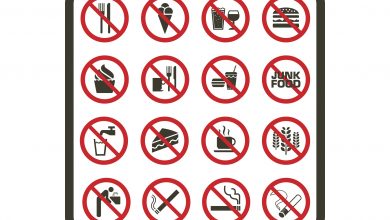The legal market must be liberated to fight effectively against the underground economy and illicit trafficking, says a new study from the Institut économique Molinari (IEM)
Media release
Paris, Friday, May 31, 2013 – The enduring economic crisis has made the fight against tax fraud, black market labour and illicit trafficking, a high priority. Governments face an obvious shortfall, but the current debate leaves little room for what has led the underground economy to develop, despite its many drawbacks.
Leading an effective fight against this shadow economy, estimated in size at tens of billions of euros per year, will require eliminating its primary common cause, namely an overly strict tax and regulatory framework.
The underground economy: caused by regulatory excess and high taxes
Prohibitions have always given rise to contraband activity, whether involving coffee (forbidden by Sultan Amurat II in the 15th century), alcohol or tobacco.
The high tax burden and compulsory levies have led to the appearance and expansion of the underground economy. This involves:
• Selling or buying on the black market to escape income or value added taxes.
• Establishing black market labour relations due to the gap, created by social security contributions, between what an employee costs a company and what the employee receives in wages.
• Escaping specific tax measures seen as too burdensome on certain products: alcohol, tobacco or food.
o In the United Kingdom, the illicit market share is estimated at 13% for spirits and 16% for cigarettes.
o In France, parallel dealings soared following the 2003-2004 tax increases. In 2011, 20% of cigarettes were sold outside the official network.
o In Denmark, taxes on soda, beer and fatty foods led many Danes to abandon the domestic market and stock up abroad.
o In Quebec, official cigarette sales fell 61% in the early 1990s after sharp tax hikes. Two out of three cigarettes were being sold on the black market.
Tougher repression: a self-defeating solution
Repression, without any other change in the legal framework, is a false solution. Besides being costly, it could, paradoxically, penalise the official economy by failing to deal with the root causes of the problem.
• The disappearance of the underground economy would not mean an automatic transfer to the official economy, because higher prices deter consumers.
• 78% of Germans surveyed in 2007 indicated that they would not turn to the official market if the shadow economy were to disappear.
• Nearly two-thirds of income earned in the shadow economy is spent in the official economy.
It turns out that the legal and underground markets are linked. There is no way of repressing one without harming the other. As such, the best way to fight effectively against fraud is to bring dynamism and competitiveness back to the official market.
The case of Quebec is striking. A lowering of tobacco taxes in 1994 (after a very sharp rise) practically caused the black market to disappear and provided for “the complete restoration of the legal market”, according to the Quebec government. Legal sales tripled in the two months following the tax cut. The Danish government eliminated its “fat tax” in 2012, and announced the abolition of the tax on soda and beer, for similar reasons.
Freeing the official market from its tax and regulatory burdens is the only long-lasting way of fighting against the underground economy, the study concludes.
Titled The tax and regulatory causes of the underground economy, the study is available on our website.
* * *
The Institut économique Molinari (IEM) is an independent, non-profit research and educational organization. Its mission is to promote an economic approach to the study of public policy issues by offering innovative solutions that foster prosperity for all.
– 30 –
Information and interview requests:
Cécile Philippe, PhD
Director, Institut économique Molinari
cecile@institutmolinari.org
+33 6 78 86 98 58




